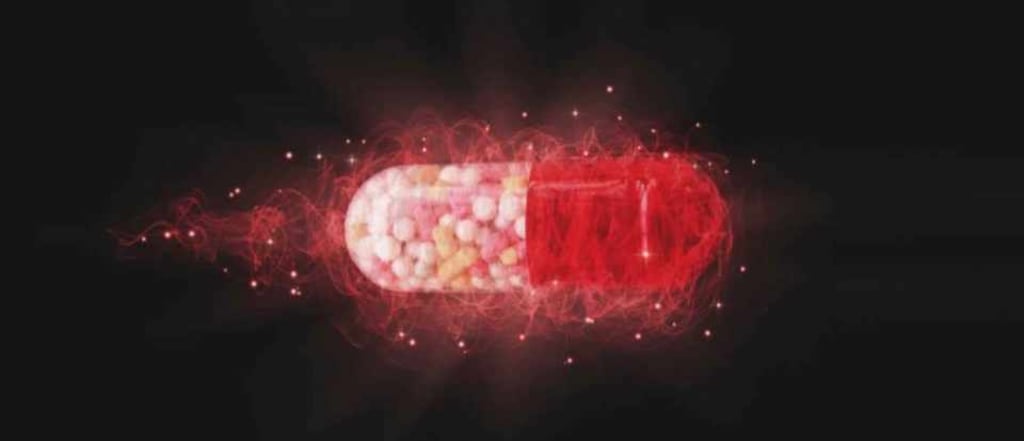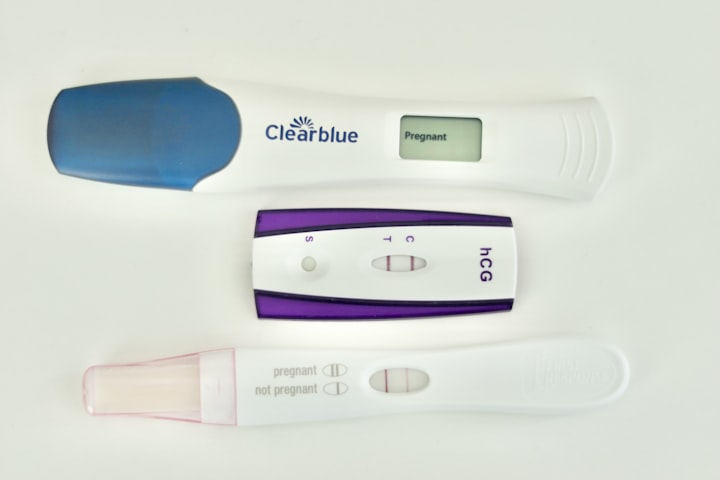The Psychology of the Placebo Effect
positive health

What is the Placebo Effect?
The placebo effect can be defined as a positive health outcome based on a person’s expectation that the certain intervention will help them get better. The intervention involved may include anything from a pill or procedure to a relationship with a health provider. What these different placebos have in common is the fact that they do not contain an active medical substance supposed to affect health.
The Placebo Effect – Changing Attitudes
For the longest time the placebo effect was genuinely underestimated. If people responded well to an unusual treatment, it would be referred to as “just the placebo effect”, suggesting that the placebo was something that provoked patients’ fake response.
However, the attitude towards the placebo effect has changed significantly over the last decades. A great number of researches and studies has given a noticeable credit to the placebo effect as the possible integral part of helpful medical care. Brain scans and other technologies proved that there may be a physiological explanation for the placebo effect.
The growing recognition that the placebo effect actually may involve changes in brain chemistry opened a door to numerous other researches and recognized the placebo as a part of good medical care in conventional medicine.
In the light of what we know about it today, it’s not a question anymore whether the placebo works, but how.
The Placebo Effect as a Part of Successful Medical Care
In 2014, at Boulder psychology at the University of Colorado, a student and neuroscience researcher Scott Schafler and his colleagues did an “open-label” study where they asked 40 participants to apply a cream that they called a “powerful analgesic” on their arms and hands. At that point, the researchers applied heat of small intensity to a spot where cream had been applied.
The cream that participants applied was actually petroleum-jelly. However, they confirmed researchers’ expectations, reporting that the supposed powerful cream protected them from feeling as much of a burn as a control cream. Even when the researches explained that the cream was petroleum-jelly, participants still reported less pain from the heat versus the control cream, when again tested.
Director of the Harvard placebo program, Dr. Ted Kaptchuk, and his colleagues have also conducted “open-label” placebo studies in which they told patients they were taking a powerful placebo. They found that an “open-label” treatment was about 20% more effective than no treatment at all.
Results of these and other studies have suggested that the health providers should be offering prescriptions for placebo purposes to their patients, as they would most likely benefit from them.
Additional Studies Prove the Placebo Effect Legitimacy
According to these and numerous other studies, a placebo can have results even when people know that what they are using is a placebo. Furthermore, researches proved that placebos can have an effect on conditions like pain, sleep disorders, cholesterol, asthma, depression, menopause and irritable bowel syndrome.
Even the common children’s illnesses such as night-time cough were tested for the placebo effect. In one study, researchers Ian M. Paul, M.D., M.Sc., of the Penn State College of Medicine, Hershey, Penn., and colleagues in one-night study compared agave nectar treatment, placebo or no treatment at all on night-time cough and the additional sleep difficulty. The group of participants included 119 children 2 to 47 months old. They were randomly divided in one of the three treatment groups. (JAMA Pediatrics)
The results indicated that pasteurized agave nectar treatment for cough and associated sleep disturbance was perceived to be better by parents than doing nothing at all. In addition, research showed that agave nectar did not outperform the placebo effect, when researchers compared effect of the two.
Expectation as an Important Part of Healing
It looks as if expectation and hope have a lot to do with the effect of the treatment. Actually, according to one of the most common theories, the placebo effect works due to a person’s expectations. It is believed that if a person anticipates a positive outcome of a treatment, the body’s chemistry causes the effects very similar to what a medication or intervention might have caused.
According to numerous studies, brain releases endorphin, dopamine and serotonin, neurochemicals that we know as ‘hormones of happiness’ and natural pain-relievers, when people use placebos.
And this applies to all kind of treatments, such us drug therapy, certain procedures and mental health treatment. A certain number of people who receive some kind of therapy will experience some benefit, if they believe that therapy will help their condition. This depends on the type and severity of treated condition, the strength of belief and many other factors.
In addition, the researchers have found that placebo effect may be connected to psychological conditioning. In this type of learning, a connection is being made between the intervention and the benefit from it. Furthermore, with the additional exposure to same intervention (and similar ones as well, due to generalization), the experienced benefit becomes stronger.
Subjective or Objective Outcome?
Many studies proved that the placebo effect is most relevant when a treatment's success or failure depends mainly on the subjective experiences of patients. That mostly applies to conditions that are defined primarily by symptoms, such as depression. In addition, patients with health problems that are defined mainly by the pain they cause, like migraine, headaches or back pain, also benefit from placebos.
However, numerous researches showed us that the placebo effect frequently seems to be related to objective changes in brain chemistry.
An Effect of Human Care
Study by Kelley and colleagues indicated that the quality of health care provider and patient’s relationship plays a certain role in outcomes for different health conditions. Clinician’s empathy, support and positive communication proved to have the positive placebo effect.
Harvard's placebo studies program published in 2008, also proved that positive relationship with the care provider correlates with the positive placebo effect.
The volunteers for this research were people with irritable bowel syndrome (IBS). This condition causes abdominal pain and changes in bowel movements, while there is absence of any visible changes to the bowel.
The placebo treatment used was sham acupuncture, which involves the use of needles that pull into their handles instead of penetrating the participant’s skin. The placebo effect of the sham acupuncture that researchers have found was incredible: 44% of people treated with just the sham needles reported relief from their IBS problems. However, in those participants when sham acupuncture was combined with attentive, empathetic interaction with the acupuncturist, the placebo effect grew even larger, with 62% people reporting relief from their IBS problems.
The science is still far from discovering how exactly the placebo effect works. Nevertheless, a great number of studies has shown that placebo is definitely an important part of healing process in many health conditions, which can be beneficial in combination with conventional medical treatments.
References:
Stacy Lu, Monitor Staff, Great Expectations, 2015, Vol 46, No. 4: http://www.apa.org/monitor/2015/04/cover-placebos.aspx
Harvard Medical School, Putting the placebo effect to Work,2012:https://www.health.harvard.edu/mind-and-mood/putting-the-placebo-effect-to-work
The JAMA Network Journals, Agave nectar, placebo both perceived better than doing nothing for cough in kids, 2014: https://www.sciencedaily.com/releases/2014/10/141027182849.htm
Ian M. Paul, Jessica S. Beiler, Julie R. Vallati, Laura M. Duda, Tonya S. King. Placebo Effect in the Treatment of Acute Cough in Infants and Toddlers. JAMA Pediatrics, 2014; DOI: 10.1001/jamapediatrics.2014.1609






Comments
There are no comments for this story
Be the first to respond and start the conversation.